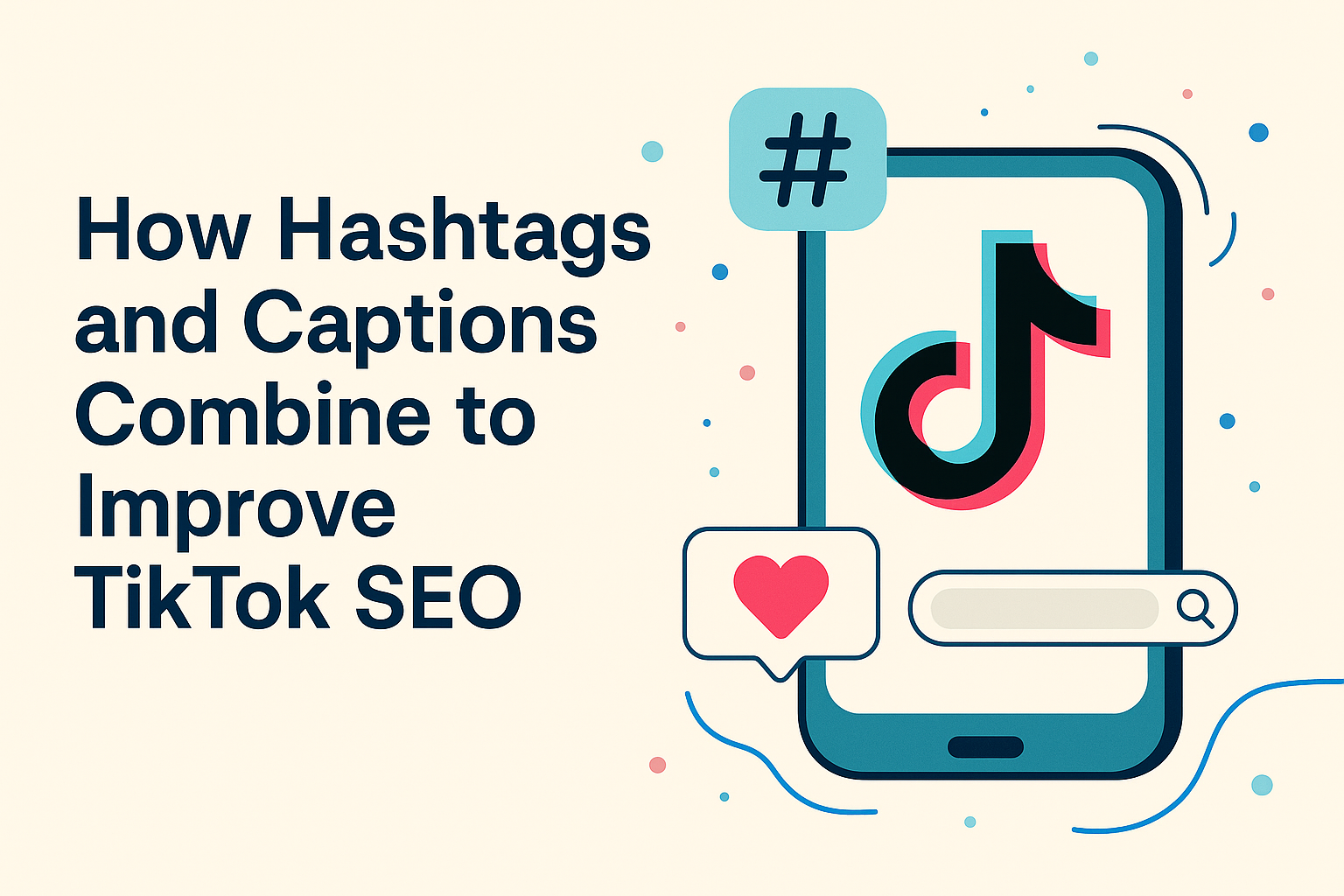Missing one phone call could mean walking away from a $500,000 commission or even more.
Most homebuyers tend to work with the first realtor who responds, which makes timing crucial from the very beginning.
When realtors are overwhelmed with showings, meetings, and paperwork, leads often go unanswered or receive delayed responses.
A contact center for real estate solves this by making sure every lead gets a fast, professional response, so your team can focus on closing deals and not chasing messages.
In this blog, we’ll explore the key ways a contact center elevates the client experience while helping your team close more deals.
What Is a Contact Center for Real Estate?
A contact center for real estate is a specialized service hub where trained agents manage calls, emails, texts, and even live chat on your behalf.
Their role goes beyond just answering questions, they convert every lead’s interest into real opportunities, regardless of the communication channel used.
Here’s what they typically handle:
- Scheduling property showings.
- Answering listing questions.
- Pre-qualifying leads.
- Following up with prospects.
Why Real Estate Needs a Contact Center Solution for Lead Management
In real estate, every inquiry matters, yet handling dozens of conversations across platforms can quickly become overwhelming and inconsistent.
Realtors are often stretched thin, switching between showings, paperwork, and follow-ups, which makes it difficult to engage each lead meaningfully.
Without a clear system, valuable prospects may wait too long for a response or get lost entirely in the communication shuffle.
A contact center simplifies the entire lead journey by organizing communication in a way that feels professional, and genuinely responsive.
Benefits of a Contact Center for Real Estate

Since managing leads and client communication gets harder as your agency grows, here’s why a contact center makes all the difference:
1. Faster Lead Response Time
Speed is everything in real estate, leads contacted within five minutes are up to 9 times more likely to convert.
Contact center ensures every inquiry is answered quickly, whether it comes through phone, email, or chat.
This fast response increases your chances of turning interest into action.
2. Enhanced Professionalism
First impressions shape how potential clients view your business.
A contact center provides consistent, professional communication that reflects well on your brand.
Rather than inconsistent responses from busy realtors, leads are greeted with knowledgeable and courteous communication that builds trust from the very first interaction.
3. Scalable Lead Management
Handling more leads shouldn’t mean overwhelming your team.
Contact center grows with your business, offering flexible support without the cost of expanding in-house operations.
This allows you to scale efficiently without sacrificing service quality.
4. Higher Conversion Rates
Following up at the right time is key to closing deals.
Contact centers can use automated systems to send reminders, log interactions, and keep prospects engaged.
As a result, fewer leads fall through the cracks, and more turn into clients.
Connecting Your Contact Center with CRM Tools

Integrating your contact center with a CRM (Customer Relationship Management) system creates an efficient approach to managing leads.
A CRM system is a centralized platform where all client data lives, making it easy to manage communication, track progress, and schedule next steps.
When combined with a contact center, this integration ensures every inquiry, interaction, and lead is captured and followed up with precision.
Together, they make it easier to:
- Track lead sources: Understand where each inquiry originates to optimize your marketing efforts.
- Automate nurture sequences: Schedule follow-ups and updates without manual effort.
- Measure agent performance: Gain insights into response times, engagement, and conversion metrics.
- Deliver personalized experiences: Use detailed client profiles to tailor communication and build stronger relationships.
As a result, your outreach becomes smarter and more data-driven.
Ready to Capture More Real Estate Leads?
At Flo Marketing, we specialize in providing cutting-edge contact center solutions tailored for the real estate industry.
Our expertise helps agencies like yours streamline communication, boost agent productivity, and convert more prospects into clients.
Book your free strategy call and start converting more real estate leads today.
What’s the difference between a real estate contact center and a virtual assistant?
A contact center provides a full team of trained professionals working around the clock, while a virtual assistant is typically one person handling limited tasks. Contact centers offer scalable, multi-channel support to handle lead communication at volume.
How does a contact center help convert more real estate leads?
Speed matters. Contacting leads within five minutes makes them up to nine times more likely to convert. Contact centers ensure no delay in response and help maintain ongoing follow-up with potential clients.
Is a contact center only for large real estate agencies?
Not at all. Small and mid-sized real estate businesses also benefit from contact centers by increasing responsiveness, maintaining professionalism, and freeing up agents to focus on revenue-generating tasks.
Can contact centers integrate with our CRM system?
Yes. Most contact centers easily connect with CRMs like Salesforce, Follow Up Boss, and HubSpot. This helps you track every lead, schedule follow-ups, and personalize outreach using real-time data.
Do contact centers handle inbound and outbound communication?
Yes, most contact centers provide both inbound inquiry handling and outbound follow-up management. This ensures no opportunity is missed and that leads receive timely, consistent engagement throughout the sales process.








